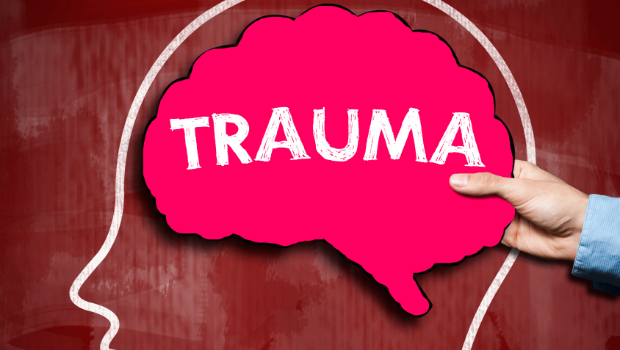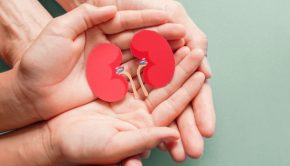Surviving Traumatic Events
One common way to survive traumatic events is to suppress its memory. This is a natural, instinctive way our bodies help us to continue to function and survive horrific events. Traumatized people can exist as though nothing happened. This natural survival technique helps protect us. Even though suppressing a traumatic memory appears advantageous, there are some downsides to the suppression.
- Memories of other things from that same time period are also suppressed. Suppression of a memory could lead to amnesia. For example, some students of school shootings may suppress the memory of the horrific events of that day, while also suppressing the memory of what they were learning in school up to that event.
- No learning or growth can occur from the experience. If we don’t learn from the trauma, we might not be able to protect ourself from it happening again. We could get caught in a repetitive patterns of behavior and situations that perpetuate the trauma.
- Memory deficits could lead to depression.
- Suppression of the memory may only be temporary. As in post-traumatic stress disorder (PTSD), patients that suppress memories of war, for example, are often triggered months or even years later by a sound or smell that jogs that suppressed memory. If a PTSD reaction occurs from triggering the memory of horrific events, then the subconscious mind can continue to play the tapes over and over of the event. That is why so many PTSD patients cannot return to normal living once they are safe at home. They’re still haunted by the event in their subconscious mind. It’s possible the ability to suppress a memory is key to post-traumatic adaptation.
- Suppressing trauma memory also desensitizes the traumatized to other horrific events.
Scientific MRI studies reveal a reduction in activity of the hippocampus section of the brain associated with memory as a result of memory suppression. This indicates how the brain likely induces suppression or amnesia to protect the traumatized.
Thought substitution can also protect subjects from remembering traumatic events with fewer side effects. It’s healthy for trauma patients to learn to understand their role in the trauma, to cope with the situation and to understand they didn’t cause the trauma. They need to know they are faultless. For example, a person who is an abuser is the one with the problem, not the abused.
A generalized way to disrupt the memory control system entirely is to essentially erase the energetic imprint of the traumatic event stored as memory in the chakra energy system.
Contact Dr. Anne Deatly by calling 201-925-1046 or email Anne.Deatly@gmail.com.





























